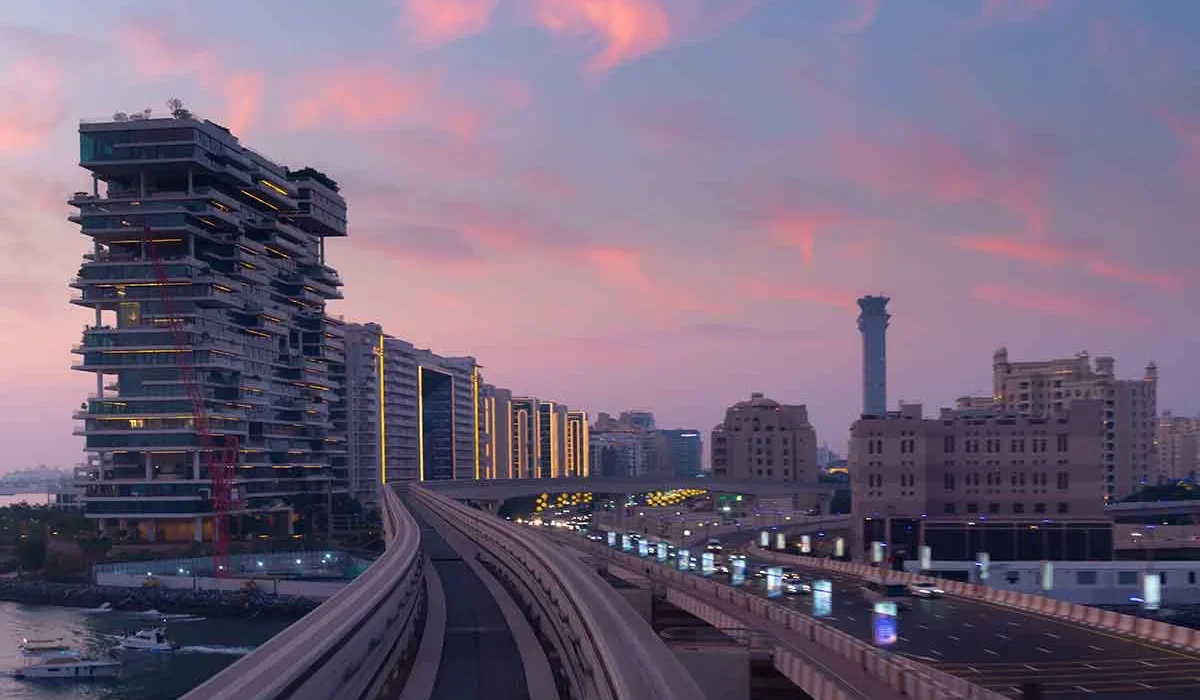The Dubai real estate market is always changing, and one significant shift has taken place that has attracted the interest of developers, investors, and home buyers. The practice of property flipping in residential markets, which was once very popular, is now virtually non-existent. This article will discuss what led to this change in dynamics and analyze its implications for both buyers as well as sellers.
The Rise & Fall of Property Flipping
Property flipping refers to the purchase and quick sale of a house at profit and was a common alternative strategy for real estate investors in Dubai. Recent changes have made property flipping almost impossible specifically in residential sector. Here are some reasons:
- Developer Restrictions – Top developers are now imposing tough terms and conditions on property sales. Formerly, it can be 30% to 50% of the value, for which an owner sells his/her residential property. This discourages investors who look for short-term gains while encouraging long-term investing.
- Market Maturity – Dubai’s real estate market has grown a lot over time. While previously focused on making quick profits, buyers, nowadays, take into consideration long term plans and diversification too. Most investors are interested in either living or renting out their properties to achieve steady income.
- Accelerated Payments – Besides the upfront payment, developers often require accelerated payment schedules i.e., payments within a few years instead of 30 years which was a common practice in the past. This further discourages flippers, as they cannot easily resell a property without fulfilling payment obligations even if they want to flip it.
The Commercial Land Exception
On the other hand, there is a different trend for commercial land amidst this downturn in flipping residential properties. Between 2019 and 2021, the prices soared by around 300%. Here’s why do commercial lands still offer good returns and remain attractive for flippers?
- High Appreciation – Speculators are attracted by the rapid rise in values for commercial land, and making it lucrative for investors, unlike residential properties which have so many restrictions that make them less attractive for those seeking quick-gains investments.
- Speculation in Townhouses – While limited, there is still some flipping activity which occurs in townhouses. Nevertheless, this sector is very small and not even close to commercial land market size.
The Changing Landscape
Dubai property market has changed a lot as Mr. Khurram Farooq – the founder of Azco Real Estate highlights. Developers are now more concerned with the safety of investors as they have resorted to putting up tougher regulations. During the pandemic period properties were bought by paying 5% to 15% down payment only. However, developers have changed their policies and thus now require up to 50% payment before NOC (No Objection Certificate) can be issued for resale purposes.
In summary, Dubai’s real estate market has matured, and property flipping has shifted from residential units to commercial plots. Buyers and investors now focus on long-term stability, and developers have adapted their policies accordingly. As the market continues to evolve, the days of quick property flips seem to be a thing of the past.
The Bottom Line
All in all, the drop in house flipping within Dubai’s residential markets could imply a more mature and stable real estate environment. On the other hand, investors still like commercial lands where most buyers are planning for future returns. These trends will influence Dubai Real Estate’s landscape as it grows into the next generations.

